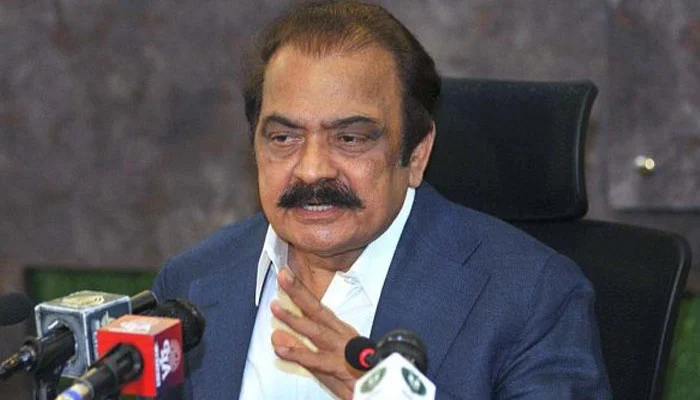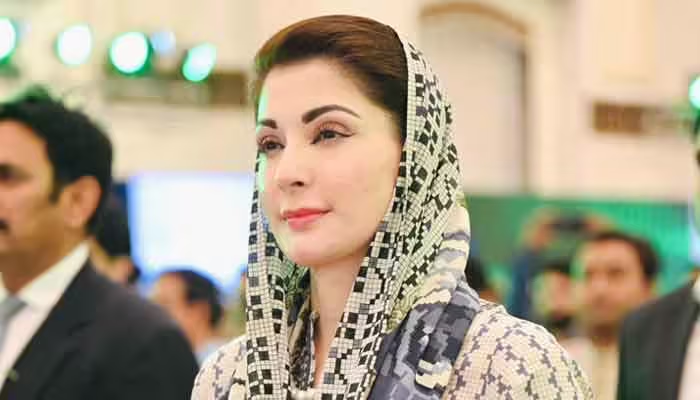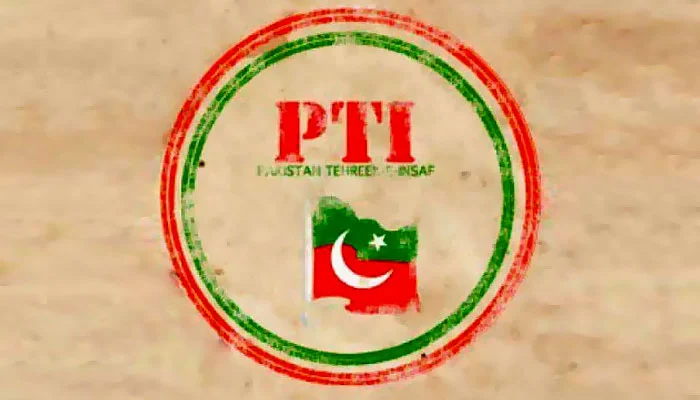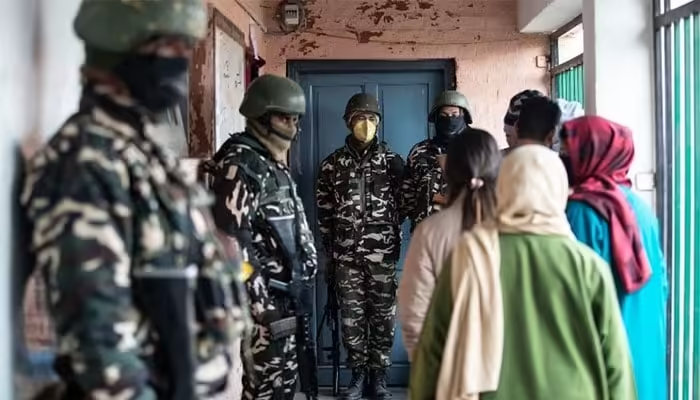Rana Sanaullah, the President of the Pakistan Muslim League-Nawaz (PML-N) in Punjab and former Interior Minister, has hailed the Supreme Court’s recent decision as profoundly influential, especially regarding the scheduling of the 2024 general elections. Speaking during an interview on Geo News’ program ‘Naya Pakistan,’ Sanaullah emphasized the importance of clarity regarding the conduct of elections on February 8, 2024.
He remarked that there should be no ambiguity for anyone regarding the organization of elections on the specified date, asserting that the Supreme Court’s decision today is impactful. According to Sanaullah, the previous decision by the Supreme Court was already clear, and today’s ruling further solidifies the stance.
The delay caused by the Lahore High Court’s decision prompted the Election Commission to release the electoral schedule following the Supreme Court’s directive.
Sanaullah also accused the Pakistan Tehreek-e-Insaf (PTI) of obstructing the electoral process by filing petitions in the High Court. He expressed the view that the larger bench in the High Court should have been formed earlier, but it was constituted today.
Highlighting the alleged machinations behind the election delay, Sanaullah claimed that the PTI and other parties were involved in a conspiracy to disrupt the electoral process. He stressed the need for transparency and fairness in the electoral proceedings.
Moreover, Sanaullah contended that the bureaucracy played a role in the delay, alleging that the PTI and other actors had manipulated the situation. He referenced the 2018 elections, stating that the same bureaucracy had orchestrated the electoral process, involving both bureaucratic and judicial officers.
As the Supreme Court’s decision brings clarity to the election schedule, Rana Sanaullah’s statements shed light on the political dynamics and the accusations of interference in the electoral process. The upcoming 2024 general elections in Pakistan seem to be marred by controversies and claims of conspiracies, highlighting the significance of a transparent and impartial electoral environment for the democratic process to unfold smoothly.



